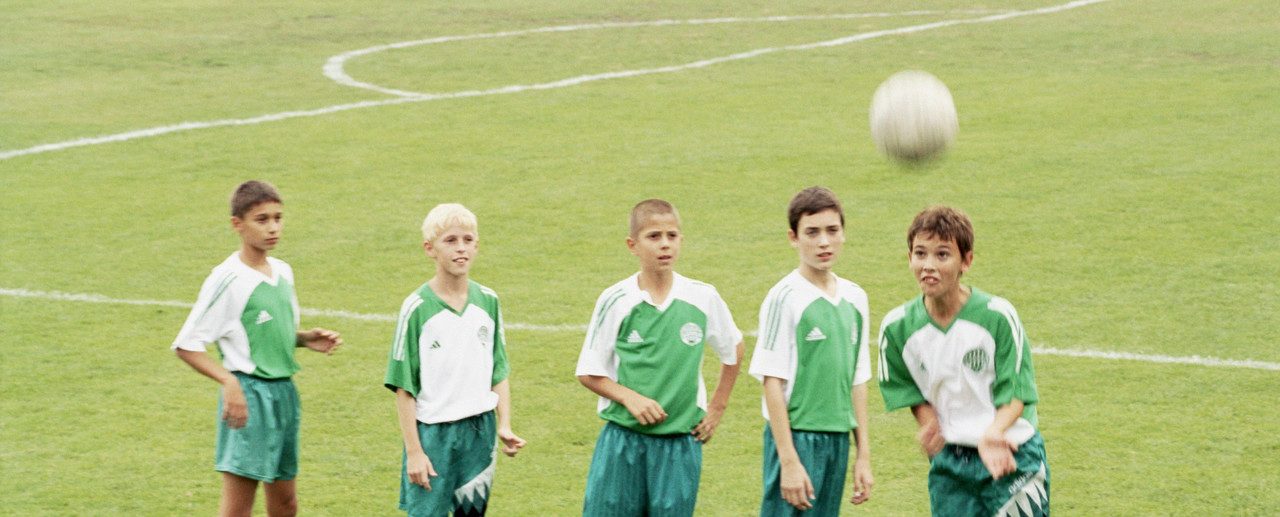February 23, 2018
Does Your Child Have Down Time?

When you think back to your childhood, do you remember running from activity to activity? Having a tight, calibrated schedule to keep to? Feeling like you worked two jobs a day? Longing for just a little bit of down time to chill?
I don’t remember that either.
During the school year, we went to school, then we came home. Then we hung out. Then we had dinner. Then we did some homework. Then we hung out some more.
Don’t worry … this isn’t some type of walk down memory lane, or a pining for the good old days. It wasn’t all that great. Some kids could have used more (some much more) adult monitoring and limit setting. Life could get boring. Some kids’ potential in various domains could have gone untapped.
YOU MIGHT ALSO LIKE: SATs and Radar Guns: Our Obsession with Youth Performance
But – and this is a big point – I don’t remember kids being totally stressed out. I don’t recall lots of kids being exhausted. I can’t conjure up long conversations about the college application process and the resultant worry about getting into a particular school. I can’t think of a kid who was burnt out before going to college.
This is what is concerning to me, and lots of other professionals who work with today’s youth.
While there is plenty of stuff going on these days that contributes to unhealthy and detrimental levels of stress (think bad stress – distress – rather than good stress or eustress) and lack of well-being, one fundamental reason is a lack of down time. What’s down time? Here’s an expert’s take, courtesy of Dr. Denise Pope, co-founder of Challenge Success at Stanford University’s Graduate School of Education:
“We define downtime as time that is not focused on structured play or academics; rather, it is time to reflect and to do nothing much – literally. That might mean listening to music, reading a book, watching a television show, or spending time outside in nature.”
Keeping this in mind, go through a simple exercise. Think about your child’s daily schedule, and calculate how much time is available for down time. Then think about how this compares to your schedule when you were growing up. And consider what it was like at different points in your life when you may have been working two jobs, or juggling school and work, or trying to get ahead in your line of work – times when you really didn’t have much down time. Finally, imagine what that might have felt like when you were 15 years old … or 10 years old … or 5 years old.
Down time serves all kinds of functions, and the reality is that it is rather sobering that we have to remind ourselves of this. Kids need to recharge their brains, and their bodies. Kids should not be expected to be at peak performance starting a few hours’ worth of homework at 8 p.m. after putting in a full day of school and a few hours of extracurricular activity. They may be “distracted” by things like wanting to communicate with their friends, watch a movie, listen to music … you know, things you do to wind down at the end of a long day. Things that are fun. Things that are relaxing. Things that you do during what we used to call down time.
If you find that your child doesn’t have a lot of down time – say at least 2 hours a day of true unstructured time to do whatever he or she feels like doing without worrying about it being “productive” – then something needs to change. Be that force in your kid’s life that recreates space for the down time that the young mind and body craves and needs.


